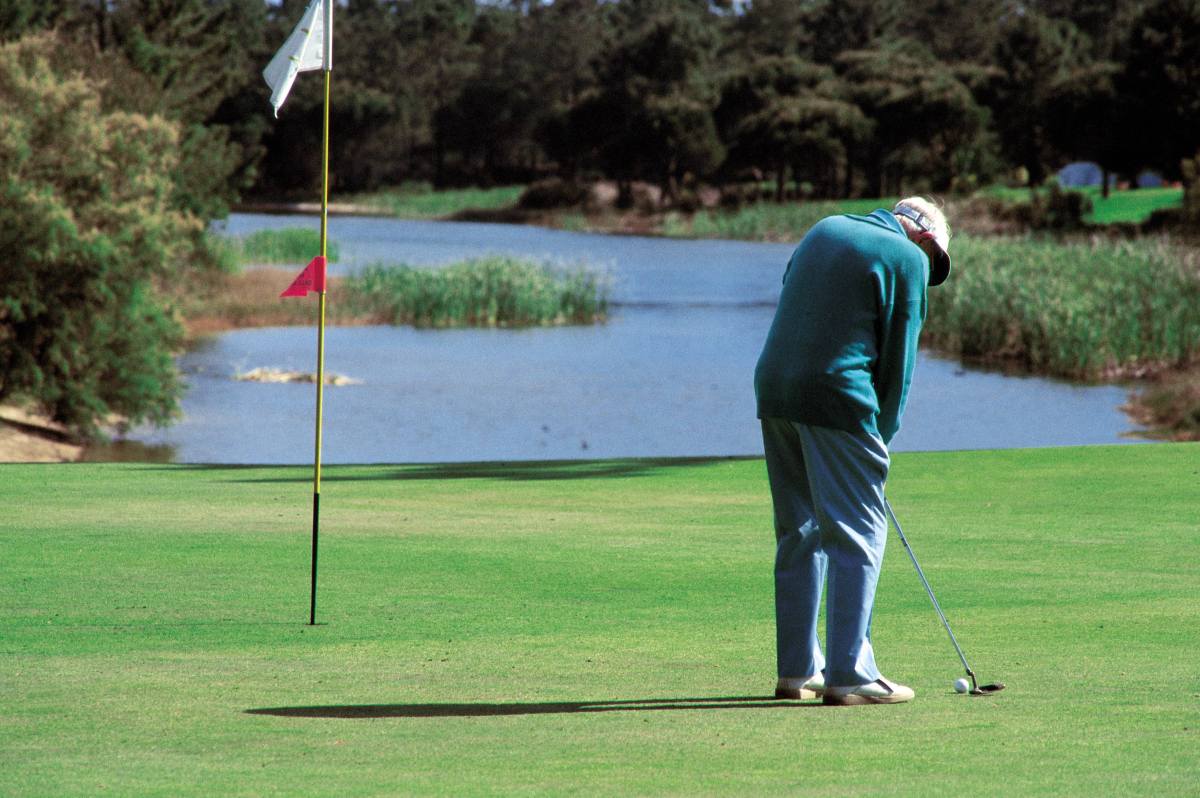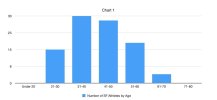@Steve Freides ,close enough to the topic.
I've been wondering how many individuals worldwide 60 years of age or older hold the SF Elite designation?
A good question - it might be interesting to come up with a demographic profile, kind of reverse fitting PL categories of age and weight onto certified instructors.
I lift with 70 year olds that still pull double bodyweight.
Just to brag, my DL is almost exactly 2.5 x bodyweight, so my double bodyweight is my 80% lift. I'm not 70 years old just yet but, God willing and the creeks don't rise, that will be my next birthday. I like 75% 1RM as a repeatable DL weight - programs like the Daily Dose Deadlift make a lot of use of this weight, and PlanStrong likes 75% weights, too.
How many people made a transition from other tools to solely kettlebells? Or at the very least mostly kettlebells? I didn’t articulate myself well in a previous post on this thread. The point I wanted to make is that after two decades of training, working in construction in my 20s, and having a very busy life right now, barbell training takes way too much out of me.
I think a lot of this is going to depend on your particular training history. I played backyard/playground sports as a kid, was part of the jogging boom of the 1970's, and didn't start lifting weights until my 40's.
Although I've read the Louie Simmons quote about the deadlifting taking more than it gives, it's important to remember that comes from the world of elite, geared powerlifters. I cannot think of anything that comes close to giving me as much benefit for my time spent as 2 sets of 5 barbell deadlifts at 75% 1RM, and there's no downside - I do this kind of DL session, put the bar down, walk up the steps, and sit down to teach a music lesson. I'm not sweating afterwards, and it's something I can and have done almost daily when I'm not training for something else.
I think using all the modalities is great. My current routine is training for a PL meet with a barbell, AXE kettlebell swings 2x/week, and some bw work on rings or a bar.
Or even take a gander at Steve’s open powerlifting profile.
Steve Freides
On a few occasions I've done PL meets pretty close together, but generally it's once or twice a year. This year, 2024, I've got one on April 27 and another on June 21. I'm doing the latter in a new federation that spun off from the USPA after the scandal about some meet organizers, mostly because it's near where my wife and I grew up and will be another reason to go there to visit old friends - that and the fact that I can set like a whole pile of records because none exist there in my age/weight/division yet.

TL;DR - about PL records
The new federation, like many PL federations, has place-holder numbers for some records. In the case of National Powerlifting League (
Home), there are no records and no placeholders for state records for my age/weight/division so I'll get all those; on the national level and the world level, I will definitely get the BP and DL records, with the SQ being a little more iffy, probably I'll surpass the placeholder on the national level but the world placeholder is equal to my lifetime PR SQ, so we'll have to see if I feel like going to that one on the day.
-S-

 www.insidehook.com
www.insidehook.com


